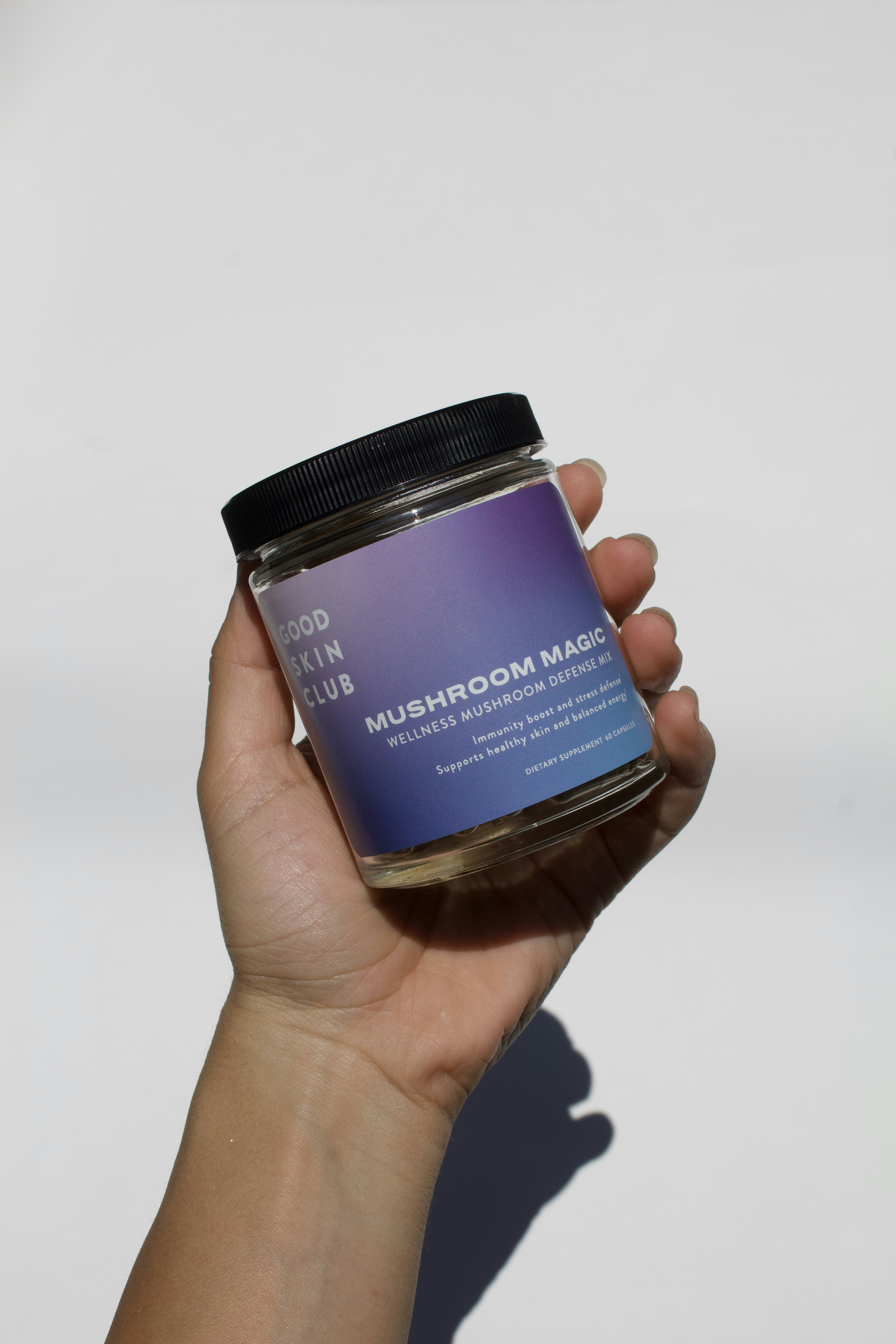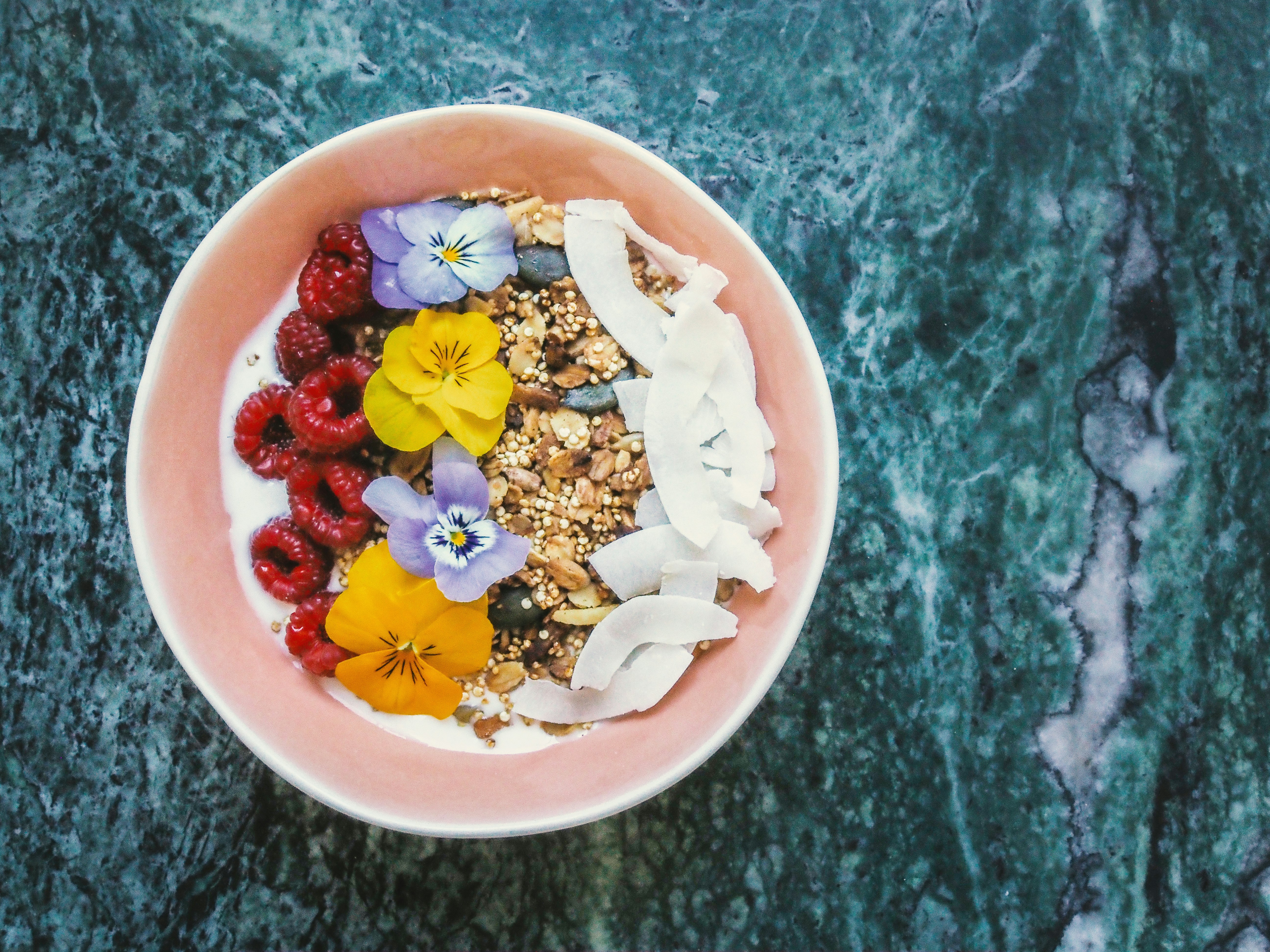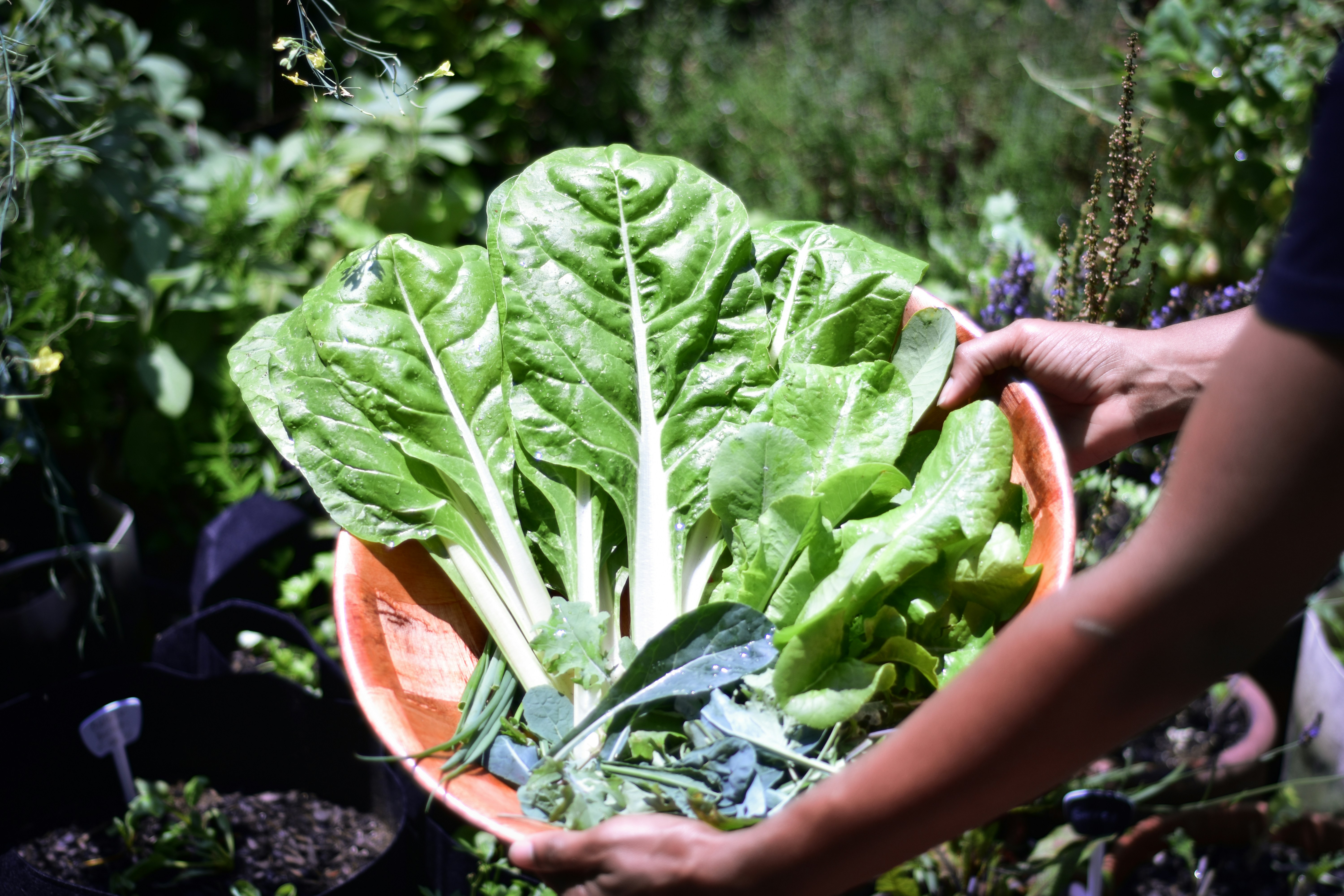Looking to enhance your diet with nutrient-packed foods? Check out our article on the top 10 healthiest beans and legumes for a nutrient-rich diet!
In today’s fast-paced world, maintaining a nutrient-rich diet has become increasingly important for overall health and wellbeing. Beans and legumes are not only a staple in many cuisines but also a powerhouse of essential vitamins, minerals, and plant-based proteins. If you’re looking to enhance your diet with these nutrient-packed foods, look no further. This article will provide you with a concise list of the top 10 healthiest beans and legumes that will not only satisfy your taste buds but also nourish your body.

Kidney Beans
Kidney beans are not only delicious but also incredibly nutritious. They are packed with fiber and protein, making them an excellent addition to a balanced diet. Fiber is essential for maintaining a healthy digestive system and can help prevent constipation. Additionally, protein is crucial for muscle growth and repair, as well as maintaining a healthy immune system.
In addition to their fiber and protein content, kidney beans are also a good source of folate and iron. Folate is essential for healthy cell growth and development, making it particularly important for pregnant women. Iron, on the other hand, is necessary for the production of red blood cells and to prevent iron deficiency anemia.
One of the key benefits of kidney beans is their potential to help lower blood pressure. They contain a significant amount of potassium, which is known for its ability to relax blood vessels and promote healthy blood pressure levels. Including kidney beans in your diet can be a great way to support cardiovascular health.
Black Beans
Black beans are a true powerhouse when it comes to nutrition. They are incredibly rich in antioxidants, which are compounds that help protect against damage caused by harmful free radicals in the body. Antioxidants are crucial for maintaining overall health and reducing the risk of chronic diseases.
Like most beans, black beans are packed with fiber and protein. This combination is incredibly important for providing a feeling of fullness and aiding in weight management. Additionally, fiber is essential for digestive health, as it helps regulate bowel movements and promotes the growth of beneficial gut bacteria.
Speaking of gut health, black beans may have an additional benefit in this area. They contain resistant starch, a type of carbohydrate that acts as a prebiotic. Prebiotics are food for the friendly bacteria in our gut, promoting a healthy and diverse microbiome. By consuming black beans, you can potentially enhance your overall gut health and support a strong immune system.
Navy beans, also known as haricot beans, are a fantastic addition to any diet. They are an excellent source of fiber, which is essential for promoting a healthy digestive system and preventing constipation. By including navy beans in your meals, you can ensure that you’re getting enough fiber to keep your digestive system running smoothly.
In addition to their fiber content, navy beans provide important minerals such as manganese and phosphorus. Manganese is essential for the metabolism of nutrients and the production of energy in the body. Phosphorus, on the other hand, plays a crucial role in bone health and the formation of DNA and RNA.
One of the key benefits of navy beans is their potential to promote heart health. They are rich in soluble fiber, which has been shown to help lower cholesterol levels. By incorporating navy beans into your diet, you can potentially reduce your risk of heart disease and support cardiovascular well-being.
Chickpeas
Chickpeas, also known as garbanzo beans, are an incredibly versatile legume that offers numerous health benefits. They are particularly known for their high protein content, making them a popular choice among vegetarians and vegans. Protein is essential for building and repairing tissues, as well as for maintaining a healthy immune system.
Another important nutrient found in chickpeas is folate. Folate is necessary for the production of DNA and RNA, making it crucial for healthy cell growth and development. Additionally, chickpeas are a good source of zinc, a mineral that plays a vital role in immune function, wound healing, and DNA synthesis.
One of the unique benefits of chickpeas is their potential to aid weight management. They are high in fiber and protein, both of which contribute to feelings of fullness and can help prevent overeating. By including chickpeas in your meals, you can support a healthy weight and potentially reduce the risk of obesity.

Lentils
Lentils are a fantastic plant-based source of protein and folate. They are a staple in many vegetarian and vegan diets, as they provide essential nutrients that are typically found in animal products. Lentils are particularly known for their protein content, making them an excellent choice for individuals looking to boost their protein intake.
Additionally, lentils are rich in manganese and iron. Manganese is important for the metabolism of carbohydrates, proteins, and cholesterol. Iron, on the other hand, is crucial for the production of red blood cells and for preventing iron deficiency anemia.
One of the key benefits of lentils is their potential to improve digestive health. They are high in fiber, which helps promote regular bowel movements and prevent constipation. Lentils also contain resistant starch, a type of carbohydrate that acts as a prebiotic, supporting the growth of beneficial gut bacteria and promoting a healthy gut microbiome.
Pinto Beans
Pinto beans are a popular choice for many individuals due to their delicious taste and nutritional value. They provide a good amount of dietary fiber, which is crucial for maintaining a healthy digestive system and preventing constipation. By including pinto beans in your diet, you can promote regular bowel movements and support a healthy gut.
In addition to fiber, pinto beans contain essential vitamins and minerals. They are a good source of thiamin, a B-vitamin that is important for converting food into energy. Pinto beans also provide iron, magnesium, and potassium, which are all essential for various bodily functions and overall well-being.
One of the potential benefits of pinto beans is their ability to aid weight loss. Their high fiber and protein content can help promote feelings of fullness and reduce appetite, making it easier to maintain a healthy weight. Incorporating pinto beans into your meals can be a beneficial strategy for those looking to shed a few pounds.

Adzuki Beans
Adzuki beans, also known as azuki beans, are a lesser-known legume that offers a wide range of health benefits. They are particularly high in fiber and protein, making them a great addition to any diet. Fiber is crucial for maintaining a healthy digestive system and promoting regular bowel movements, while protein is important for building and repairing tissues.
Another incredible feature of adzuki beans is their high antioxidant content. Antioxidants are compounds that help protect against cellular damage caused by free radicals, reducing the risk of chronic diseases and supporting overall health.
One of the potential benefits of adzuki beans is their ability to support healthy blood sugar levels. They have a low glycemic index, meaning they cause a slower rise in blood sugar levels compared to high-glycemic index foods. This makes them a suitable choice for individuals with diabetes or those looking to manage their blood sugar levels.
Black-eyed Peas
Black-eyed peas, also known as cowpeas, are a nutritious legume that can be a great addition to a balanced diet. They are rich in fiber and plant-based protein, making them an excellent choice for vegetarians and vegans. The combination of fiber and protein can help promote feelings of fullness and support a healthy weight.
Black-eyed peas also contain important vitamins and minerals. They are a good source of potassium, which is essential for maintaining a healthy balance of fluids in the body and for promoting proper muscle and nerve function. Additionally, they provide iron, magnesium, and zinc, which are all crucial for various bodily functions.
One of the potential benefits of black-eyed peas is their ability to improve digestion. They are high in fiber, which helps promote regular bowel movements and prevents constipation. By including black-eyed peas in your diet, you can support a healthy digestive system and potentially reduce the risk of digestive issues.
Lima Beans
Lima beans, also known as butter beans, are a nutritious legume that can offer numerous health benefits. They are a good source of dietary fiber, which is essential for maintaining a healthy digestive system and preventing constipation. By including lima beans in your meals, you can support regular bowel movements and promote a healthy gut.
In addition to fiber, lima beans provide essential nutrients like potassium and manganese. Potassium is crucial for maintaining a healthy balance of fluids in the body, as well as for promoting proper muscle and nerve function. Manganese, on the other hand, is necessary for the metabolism of nutrients and the production of energy.
One of the potential benefits of lima beans is their ability to support brain health. They are rich in choline, a nutrient that plays a crucial role in brain development and function. By incorporating lima beans into your diet, you can potentially support cognitive function and overall brain health.
Mung Beans
Mung beans are a popular legume that offers a wide range of health benefits. They are rich in dietary fiber, which is crucial for maintaining a healthy digestive system and promoting regular bowel movements. By including mung beans in your diet, you can support a healthy gut and prevent digestive issues.
Additionally, mung beans are high in essential minerals such as magnesium, potassium, and iron. Magnesium is important for nerve and muscle function, as well as for maintaining a healthy heartbeat. Potassium plays a vital role in fluid balance, while iron is necessary for the production of red blood cells.
One of the potential benefits of mung beans is their anti-inflammatory effects. They contain phytochemicals that have been shown to help reduce inflammation in the body. By consuming mung beans, you can potentially lower your risk of chronic inflammation and associated diseases.
In conclusion, beans and legumes are a fantastic addition to any diet due to their high nutritional value. From kidney beans to mung beans, each type offers a unique set of health benefits, from promoting heart health to aiding weight management. By incorporating a variety of beans and legumes into your meals, you can support your overall health and well-being. So grab a can of beans or soak some dried legumes and start reaping the benefits of these nutrient-rich powerhouses.


